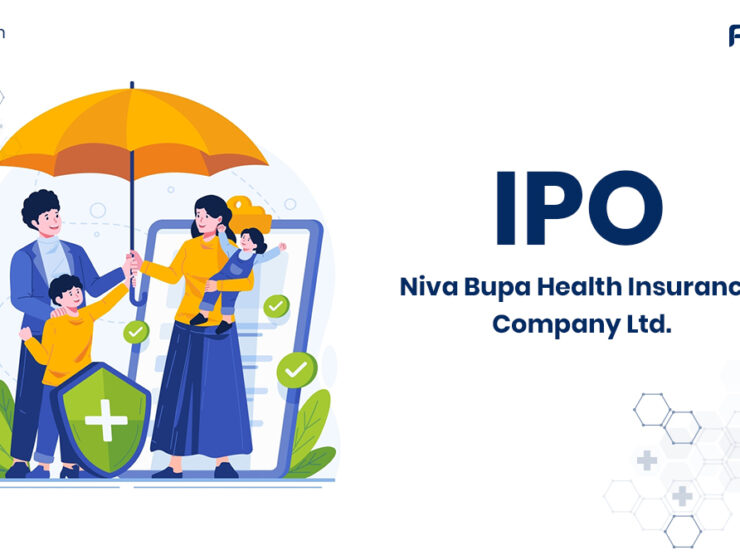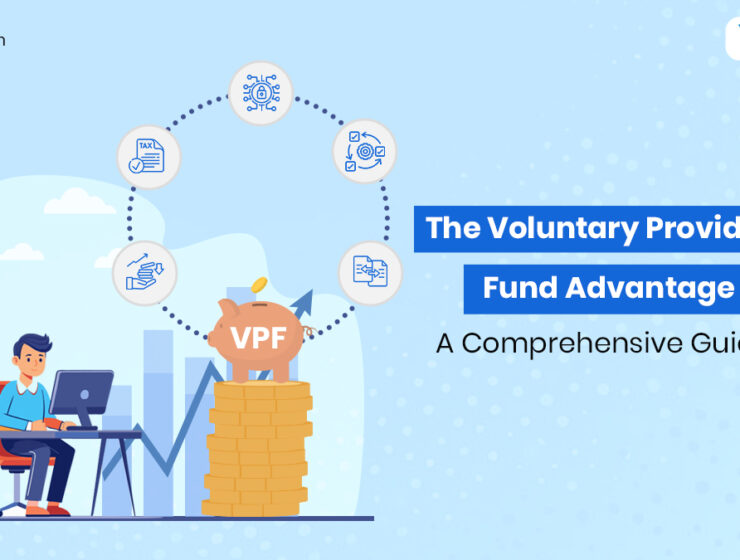

Saving taxes is everyone’s predominant motto when it comes to investments. Thankfully, the Income Tax Act 1961, has allowed various types of investment avenues to be exempt from the purview of income tax. If you choose these avenues for investment, you can earn tax exemptions and deductions on the amount you invest, the returns generated and the benefit you get.
When it comes to insurance too, you can earn income tax exemptions. Both in the case of life insurance and health insurance plans, tax exemptions are available. Let’s explore how –
Related Article: Retirement through Equity Linked Savings Scheme
Life insurance and tax benefits
Premiums and tax benefits

The premiums paid for a life insurance policy are tax-free under Section 80C. The premium is deducted from your gross total income and, thus, lowers your taxable income. The maximum limit which you can claim as an exemption is Rs.1.5 lakhs. The premium can be paid for a policy taken by yourself, your spouse, and your children’s life.
Furthermore, the premium that you pay should not be more than 10% of the sum assured of the life insurance policy. So, if your policy is for Rs.5 lakhs, your premium should be Rs.50,000 or less to be eligible for tax exemption.
One thing which you should remember is that your premiums would be allowed as exemptions only if you hold your life insurance policy for a specified tenure. ULIP plans should be held for at least 5 years while other life insurance plans should be held for at least 3 years. If you do not hold the plans for these specified durations, the exemption allowed would be reversed back in the year you surrender the plans.
For premiums paid towards a pension plan, Section 80CCC would be applicable for claiming an exemption. The limit and other exemption conditions would be the same.
Policy proceeds and tax benefit
The maturity benefit or the death benefit which you receive is also tax-free in your hands. These benefits would not attract any tax under Section 10 (10D). Furthermore, there is no upper limit on the number of benefits that qualify for tax-exemption. Any amount you receive would be tax-free given the premium paid is below 10% of the sum assured. If the premium exceeds 10% of the sum assured, the entire maturity benefit would be taxable in your hands. The death benefit, however, would not be taxed even if the premium is above 10% of the sum assured.
Related Article: Unheard Facts of Budget 2021
Annuity/pension plan proceeds and tax benefit
Under pension plans, whether traditional or ULIPs (Unit Linked Insurance Policy), the tax treatment of the policy proceeds is different. You have the facility of withdrawing 1/3rd of the proceeds in cash when the plan vests. This withdrawal is called commutation of pension and it is tax-free under Section 10(10A). However, the remaining 2/3rd portion of the policy proceeds, which are paid as annuities, are taxable in your hands. The annuity pay-outs you receive would be taxable at your income tax slab rate in the year in which you receive the pay-outs.
Health insurance and tax benefits
Health insurance plans also provide tax relief for the premiums that you pay. Health insurance premiums are exempted from tax under Section 80D. You can avail a maximum of Rs.1,00,000 as an exemption from health insurance premiums. Here’s how –
| If you buy a policy covering you and/or your family | You can claim a maximum exemption of Rs. 25,000 |
| If you are above 60 years of age and buy a policy covering you and/or your family | You can claim a maximum exemption of Rs. 50,000 |
| If you buy two policies – one covering you and/or your family and another covering your dependent parents | You can claim an exemption of Rs. 25,000 (for the policy on your family)+ Rs. 25,000 (for the policy on dependent parents) – Rs. 50,000 (total) |
| If you buy two policies – one covering you and/or your family and another covering your dependent parents and your dependent parents are above 60 years of age | You can claim an exemption of Rs. 25,000 (for the policy on your family)+ Rs. 50,000 (for the policy on dependent parents who are senior citizens) – Rs. 75,000 (total) |
| If you are above 60 years of age and your dependent parents are also above 60 years of age and you buy two policies – one covering you and/or your family and another covering your dependent parents | You can claim an exemption of Rs. 50,000 (as you are a senior citizen)+ Rs. 50,000 (for the policy on dependent parents who are senior citizens) – Rs. 1,00,000 (total) |
So, both life and health insurance plans provide you tax relief. While the premiums for both these plans reduce your taxable income, the policy proceeds of life insurance plans give you tax-free returns too. So, the next time you are investing in an insurance policy, know its tax implication.
Related Posts
Stay up-to-date with the latest information.


